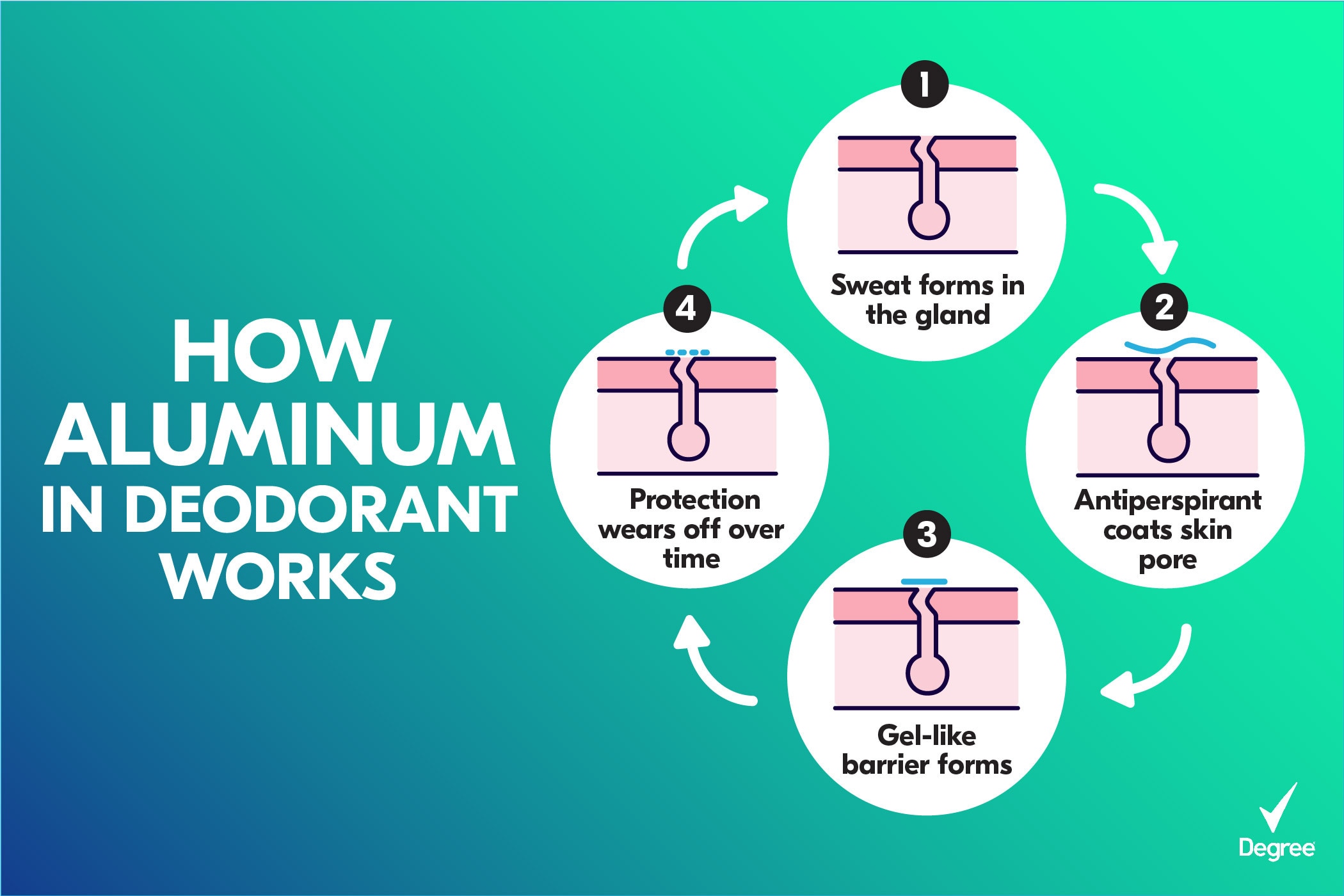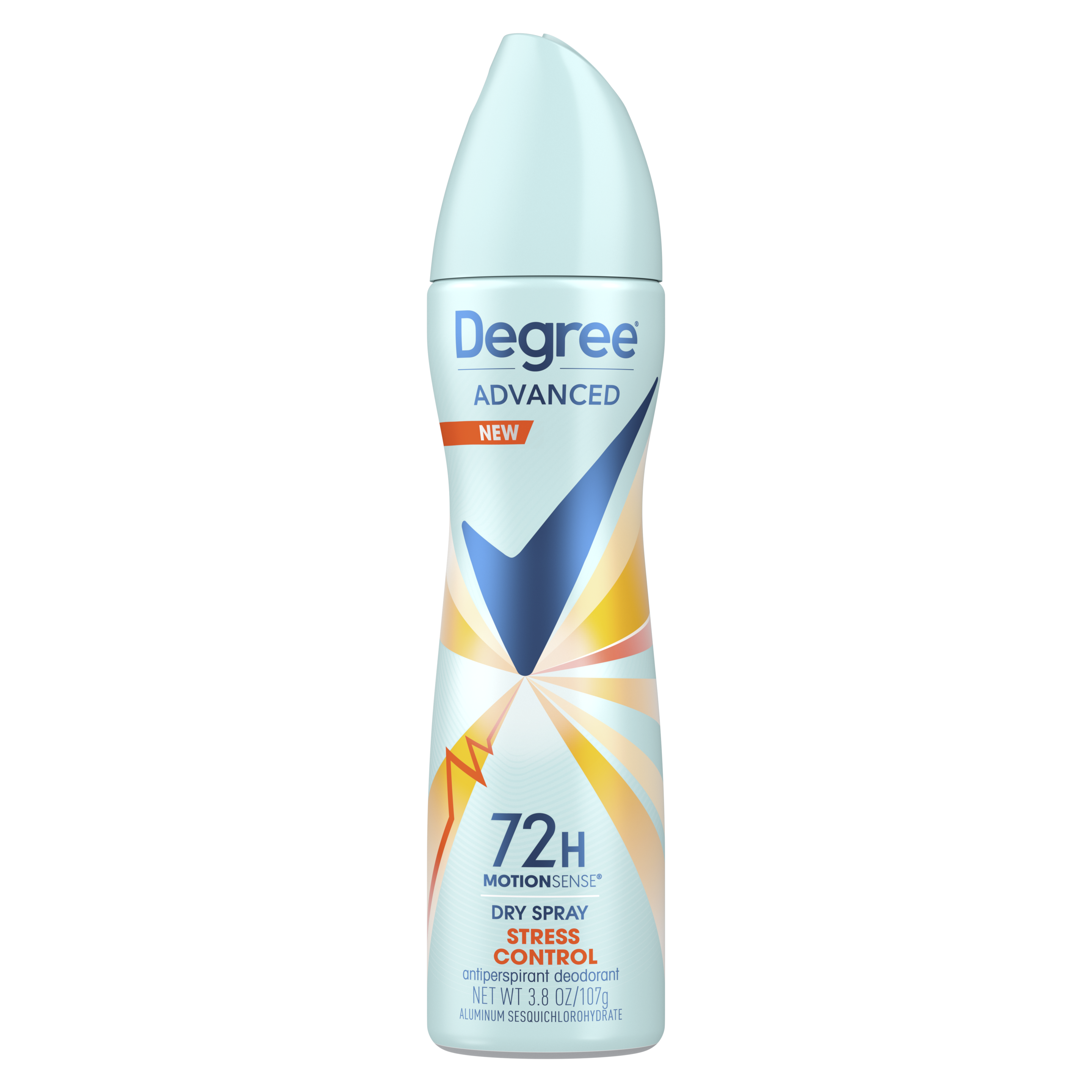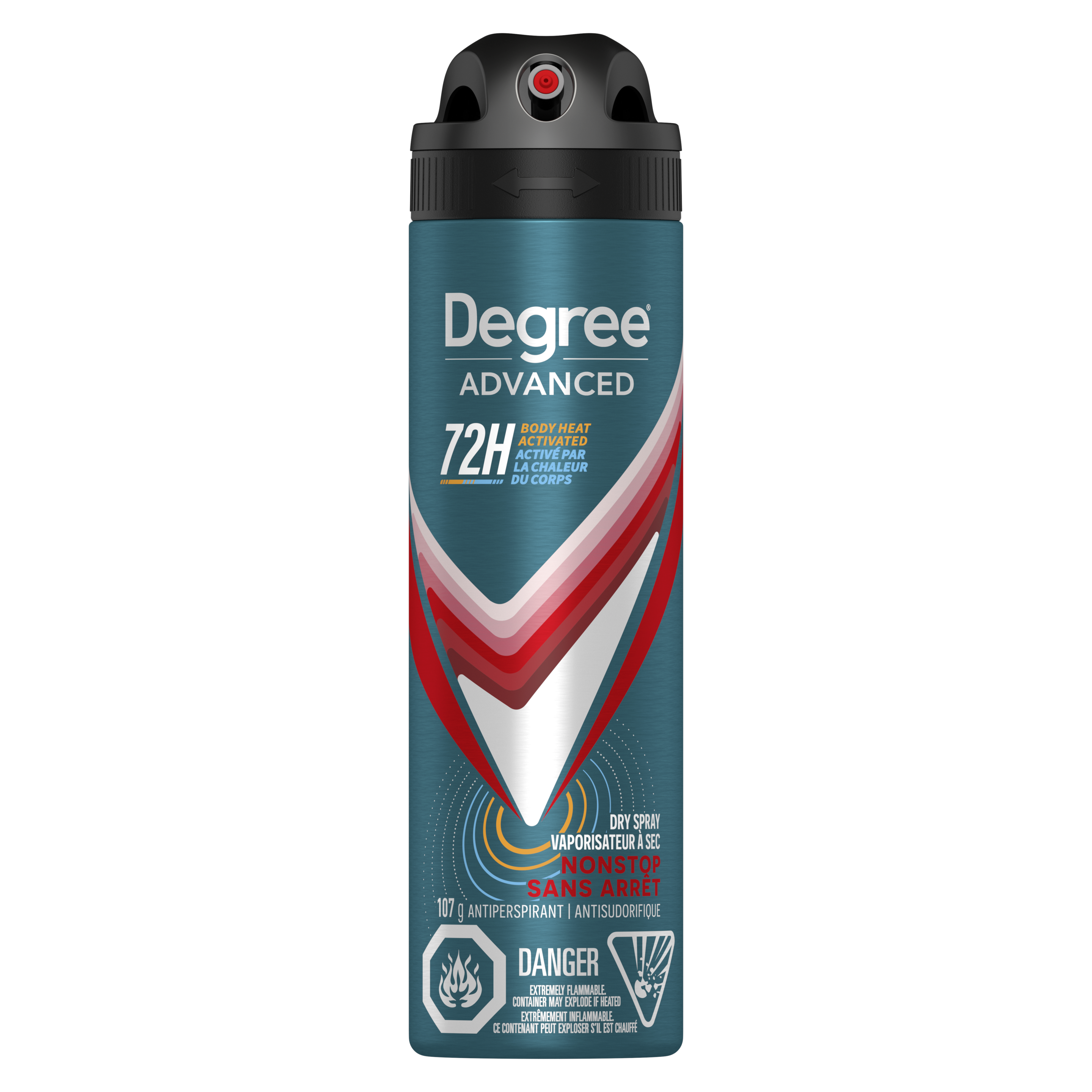Aluminum-free alternatives: a matter of preference
The deodorant industry is always on the move, with innovations and trends popping up like TikTok's latest dance video. From invisible protection to clinical formulas, there are so many options to choose from.
Natural deodorants are making a splash, offering a variety of scents and ingredients for those looking for an alternative. These products often use ingredients like baking soda, essential oils, and plant extracts to combat odor. Natural deodorants can be effective at neutralizing smells, but they don't reduce sweat. Aluminum-based antiperspirants help defeat B.O. and work to reduce perspiration by covering the sweat gland with a gel-like layer. It's all about what works best for you and your body.
Whether you're presenting in the boardroom or competing on the field like the pros in the CONMEBOL Copa América soccer tournament, aluminum-based antiperspirants ensure that sweat doesn’t steal the spotlight. There are different strengths of aluminum in deodorants, ranging from essential coverage to options like Degree's Advanced Dry Protection that offer up to 72-hour sweat and odor protection.
The difference between deodorant and antiperspirant deodorant
When choosing between deodorant and antiperspirant, it's important to understand their key differences. Deodorants are designed to minimize body odor caused by bacteria on the skin. They do this by coating odor-causing bacteria with pleasant fragrances, but don't stop you from sweating.
If you find yourself working up a sweat, or in a smelly situation, it might be time to switch to an antiperspirant. Antiperspirants contain aluminum-based compounds that create a temporary barrier over the sweat glands, effectively reducing the amount of sweat that reaches the skin's surface. It has dual impact: it cuts down on moisture and leaves you smelling great.
FAQs Uncovered: Your top aluminum questions answered
Let's tackle your questions head-on with our straight-talking guide to aluminum in deodorant.
Q: Can aluminum in deodorant cause skin irritation?
A: Some individuals may experience skin irritation or sensitivity to aluminum. If this occurs, it's advisable to discontinue use and consult with a healthcare provider.
Q: How often should I apply aluminum deodorant?
A: Most aluminum antiperspirants are designed for once-a-day application but follow the instructions on the product label for the best results.
Q: Can I use aluminum deodorant if I have sensitive skin?
A: There are formulations specifically designed for sensitive skin. Look for products labeled "for sensitive skin" or "dermatologist-tested”.
Q: Does aluminum in deodorant cause yellow stains on clothes?
A: The interaction between aluminum compounds and sweat can sometimes lead to yellowing on white clothing. There are a few things you can do to prevent sweat stains. Try Degree Ultra Clear Advanced Invisible Protection to protect against the appearance of white marks on dark clothes and yellow marks on white clothes.
Q: Are there aluminum-free options that are as effective as aluminum deodorants?
A: While aluminum-free deodorants can help to combat odor, they do not reduce sweat production as aluminum-based antiperspirants do.
Q: Can athletes use aluminum deodorant during training?
A: Yes, aluminum-based antiperspirants are ideal for athletes needing long-lasting protection against sweat and odor, making them a trusted choice for athletes in events like the CONMEBOL Copa América soccer tournament.
Q: Who can benefit from using aluminum deodorants?
A: Anyone looking for effective sweat and odor control can benefit from aluminum-based antiperspirants. They are particularly useful for anyone who wants to protect against sweat during everyday and exercise activities.







